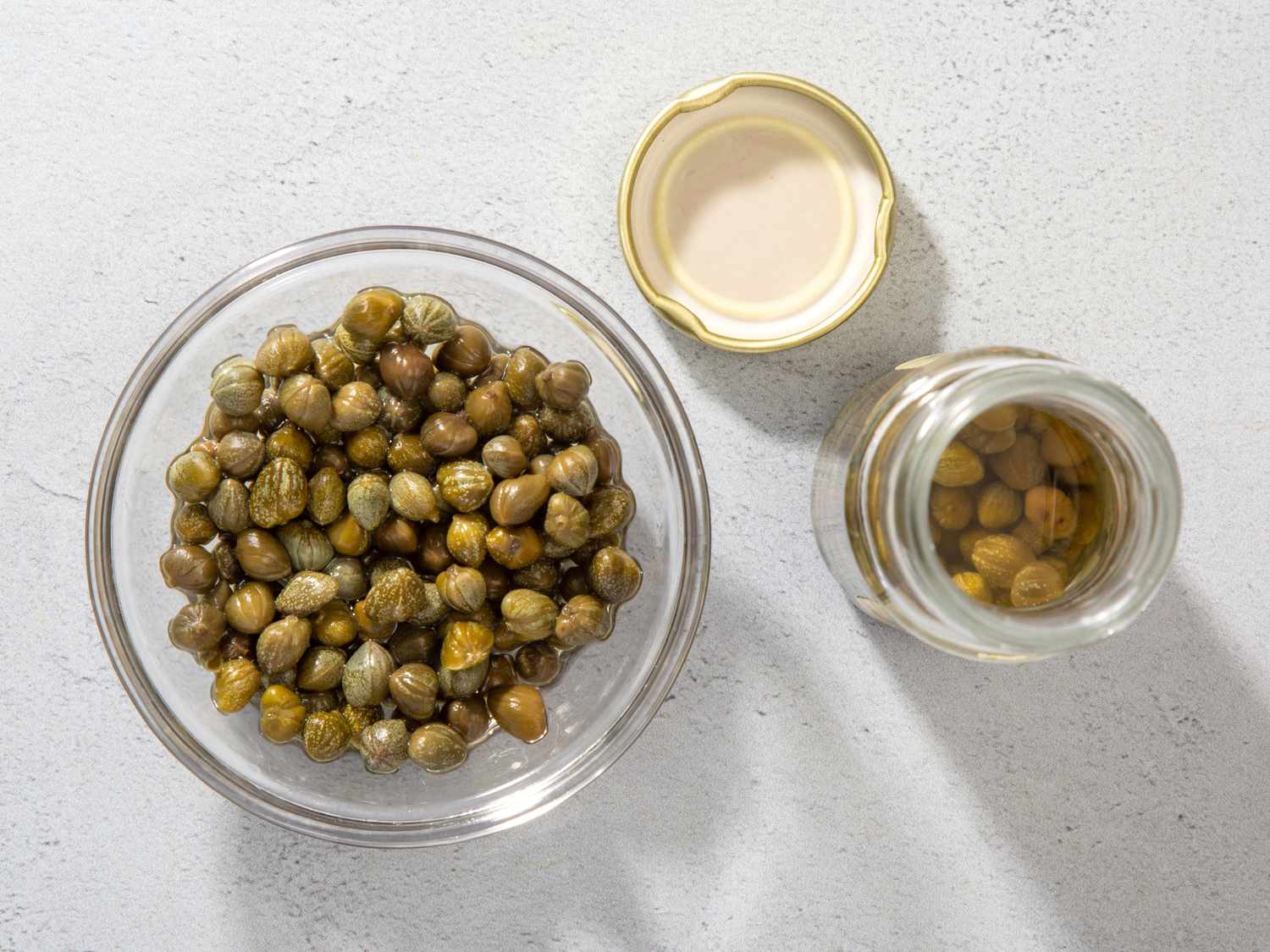

Articles
How To Store Capers After Opening
Modified: February 20, 2024
Learn how to properly store capers after opening to maintain their freshness and flavor. Read our articles for useful tips and techniques.
(Many of the links in this article redirect to a specific reviewed product. Your purchase of these products through affiliate links helps to generate commission for Storables.com, at no extra cost. Learn more)
Introduction
Welcome to our guide on how to store capers after opening. Capers are a delicious and versatile ingredient commonly used in Mediterranean cuisine. These small flower buds add a unique and tangy flavor to dishes such as salads, pasta, and sauces. However, once you’ve opened a jar of capers, it’s crucial to store them properly to maintain their taste and quality.
Improper storage can lead to spoilage, loss of flavor, and a shorter shelf life for your capers. In this article, we will explore why proper storage is important and provide you with tips on how to store your capers effectively after opening. Whether you have a small jar or a bulk package of capers, these storage methods will help you keep them fresh and tasty for an extended period.
Key Takeaways:
- Properly storing capers after opening is crucial to maintain their flavor, texture, and quality. Whether refrigerating, freezing, or canning, each method offers unique benefits for preserving the tangy goodness of capers.
- Clean utensils, proper portioning, and vigilant inspection are key to preserving the unique flavor of capers. By following storage tips and handling guidelines, you can ensure that your capers remain fresh and flavorful for an extended period.
Read more: How To Store Bacon After Opening
Why Proper Storage of Capers is Important
Proper storage of capers is essential to maintain their quality, flavor, and texture. When exposed to improper storage conditions, capers can quickly deteriorate and lose their unique taste and aroma. Here are a few reasons why proper storage is crucial:
- Prolongs Shelf Life: By storing capers correctly, you can extend their shelf life and enjoy them for a longer period. Proper storage ensures that the capers remain fresh and flavorful even after opening the jar.
- Preserves Flavor: Capers have a distinctive flavor profile that adds a tangy and briny taste to dishes. Improper storage can cause the capers to lose their flavor or absorb odors from the surrounding environment, resulting in a less vibrant taste.
- Maintains Texture: Proper storage prevents capers from becoming mushy or overly soft. The right storage methods help preserve their desired texture, allowing you to enjoy the unique mouthfeel of capers in your dishes.
- Prevents Spoilage: Storing capers properly helps prevent the growth of bacteria and mold, reducing the risk of spoilage. This ensures that you can safely consume your capers without any health concerns.
Now that you understand the importance of proper storage, let’s dive into some tips on how to store capers effectively after opening.
Tips for Storing Capers After Opening
After opening a jar of capers, it’s important to follow these tips to ensure they remain fresh and flavorful:
- Transfer to an Airtight Container: Once you open the caper jar, transfer the capers along with their brine into an airtight container. This will help in maintaining their freshness and prevent any unwanted odors from seeping in.
- Label and Date: To keep track of the capers’ freshness, label the container with the date of opening. This will help you know how long they have been stored and when it’s time to use or discard them.
- Store in a Cool and Dark Place: Capers are sensitive to heat and light, which can degrade their flavor and quality. Store the container in a cool, dark place, such as a pantry or cupboard away from direct sunlight.
- Avoid Temperature Fluctuations: Capers should be stored at a consistent temperature to maintain their texture and flavor. Avoid placing them near heat sources or areas prone to temperature fluctuations, such as near the stove or refrigerator door.
- Do Not Drain the Brine: It’s best to store capers in their brine. The brine helps preserve the capers and maintains their unique flavor. Avoid draining the brine before storing them.
By following these tips, you can ensure that your capers stay fresh and delicious for an extended period after opening the jar. However, if you find yourself with a surplus of capers or are unable to use them within a few weeks, you may consider alternative storage methods like refrigerating, freezing, or canning.
Method 1: Refrigerator Storage
Refrigerating capers is a common method to extend their shelf life after opening. Here’s how you can properly store capers in the refrigerator:
- Keep the Original Container: If the capers are already in a glass jar with a tight-fitting lid, you can store them directly in the refrigerator. Make sure to seal the lid tightly to prevent air and moisture from entering the jar.
- Label and Date: If you transfer the capers to a different container, don’t forget to label it with the date of opening.
- Store in the Coldest Part of the Fridge: Place the capers in the coldest part of your refrigerator. This is usually the back of the fridge or the vegetable crisper drawer. The cold temperature will help slow down the deterioration of the capers.
- Use Within a Few Weeks: While refrigeration can extend the shelf life of capers, it’s recommended to use them within a few weeks for optimal flavor and quality.
Refrigerating capers will help maintain their taste, texture, and overall quality. Just remember to keep them sealed tightly in a cold and stable environment.
Store capers after opening by transferring them to a clean, airtight container and covering them with brine or a mixture of brine and olive oil. Keep them refrigerated to maintain their flavor and texture.
Method 2: Freezing Capers
If you have a surplus of capers or would like to store them for an extended period, freezing can be an excellent option. Follow these steps to freeze capers:
- Drain and Rinse: Start by draining the capers from their brine and rinsing them under cold water. This will remove any excess salt or brine residue.
- Portion the Capers: Divide the capers into small portions according to your usage needs. For example, if you typically use one tablespoon of capers in a recipe, portion them accordingly.
- Wrap and Seal: Place each portion of capers into a small freezer-safe bag or airtight container. Make sure to remove as much air as possible from the packaging before sealing it.
- Label and Date: Label each package with the date of freezing to keep track of their freshness.
- Freeze: Place the capers in the freezer in a flat position to maximize space and prevent them from sticking together.
Frozen capers can be stored in the freezer for up to 6 months. When you’re ready to use them, simply remove the desired portion from the freezer and thaw them in the refrigerator. Avoid refreezing previously frozen capers.
While freezing capers may slightly alter their texture, the taste and flavor will remain intact. This method is especially useful if you have a surplus of capers or want to stock up for future use.
Read more: How To Store Caulk After Opening
Method 3: Canning Capers
If you’re looking for a long-term storage solution for your capers, canning can be an ideal method. Canning capers allows you to preserve their flavor and quality for an extended period. Here’s how you can can capers:
- Harvest and Clean the Capers: If you have access to fresh caper buds, harvest them and rinse them thoroughly under cold water to remove any debris.
- Prepare the Brine: In a saucepan, combine water and vinegar in a ratio of 1:1. Add salt to the mixture and bring it to a boil.
- Pack the Capers: Pack the rinsed capers tightly into sterilized canning jars, leaving a small headspace at the top.
- Pour the Hot Brine: Pour the hot brine over the capers, ensuring that they are completely covered. Leave a ½ inch headspace from the top of the jar.
- Debubble and Seal: Remove any air bubbles in the jar by gently tapping it on the counter. Wipe the rim of the jar clean, place the lid on top, and seal it tightly.
- Process the Jars: Place the sealed jars in a boiling water bath canner, ensuring that they are completely submerged. Process them for the recommended time according to your altitude and jar size.
- Cool and Check the Seal: After processing, remove the jars from the canner and allow them to cool on a towel. Check the seals by pressing down on the center of the lids; if they do not flex or pop, the jars are properly sealed.
- Label and Store: Label the jars with the date of canning and store them in a cool, dark place like a pantry or cellar.
Canned capers can be stored for up to a year or even longer if properly sealed and stored. Once opened, refrigerate any unused capers and use them within a few weeks.
Canning capers is an excellent option for preserving their flavor and allowing you to enjoy them throughout the year. It’s a great way to make the most out of a caper harvest or to have a ready supply of capers for your favorite recipes.
Tips for Maintaining the Flavor and Quality of Capers
To ensure that your capers retain their delicious flavor and quality, consider these helpful tips:
- Use Clean Utensils: When handling capers, always use clean utensils to minimize the introduction of bacteria or contaminants that can affect their taste and freshness.
- Avoid Cross-Contamination: Keep capers away from strong-smelling foods or ingredients, as they can absorb odors easily. Store capers in sealed containers to prevent cross-contamination in your pantry or refrigerator.
- Do Not Reline the Jar: It’s best not to reline the caper jar with new brine or liquid after opening. The original brine helps to preserve the flavor and texture of the capers. If new liquid is needed, it’s best to use a separate container.
- Check for Spoilage: Before using capers, visually inspect them for any signs of mold, discoloration, or off smells. If you notice any abnormalities, discard them immediately to avoid any risk of foodborne illness.
- Store in Proper Portions: If you frequently use capers in your recipes, consider storing them in smaller portions to minimize exposure to air and moisture each time you open the container.
- Rotate Stock: If you buy capers in bulk, practice the “first in, first out” method. Use the older capers before opening a new jar to ensure you consume them within their optimal freshness.
By following these tips, you can maintain the flavor, quality, and overall enjoyment of your capers for a longer period.
Remember, proper storage and handling go a long way in preserving the taste and texture of capers, ensuring that you can enjoy their unique flavors in your favorite dishes.
Conclusion
Properly storing capers after opening is essential to maintain their flavor, texture, and overall quality. By following the tips outlined in this article, you can ensure that your capers stay fresh and delicious for an extended period.
Whether you choose to store them in the refrigerator, freeze them, or can them, each method has its advantages and allows you to enjoy capers in different ways. Refrigerator storage is convenient for short-term preservation, while freezing and canning provide long-term storage options.
Remember to use clean utensils, avoid cross-contamination, and check for any signs of spoilage before using your capers. Properly portioning and labeling your capers can also help you keep track of their freshness.
Regardless of the storage method you choose, always strive to maintain a cool and stable environment for your capers. This will ensure that they retain their flavor profile and are ready to enhance your culinary creations.
Now that you have the knowledge and tips on how to store capers after opening, you can confidently incorporate them into your favorite dishes knowing that they will be at their best for as long as possible. So go ahead, savor the tangy and briny goodness of capers in your next recipe!
Frequently Asked Questions about How To Store Capers After Opening
Was this page helpful?
At Storables.com, we guarantee accurate and reliable information. Our content, validated by Expert Board Contributors, is crafted following stringent Editorial Policies. We're committed to providing you with well-researched, expert-backed insights for all your informational needs.
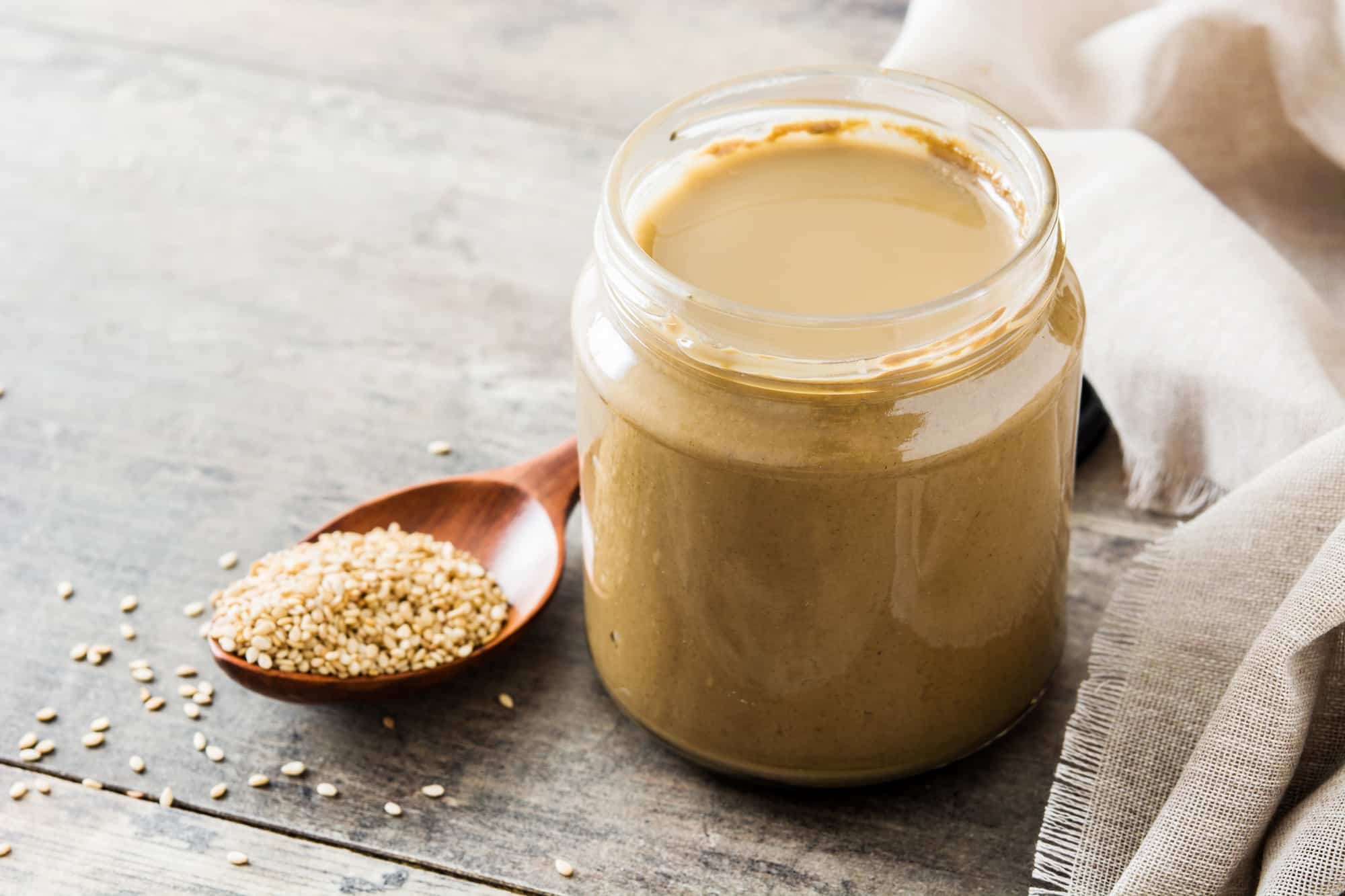



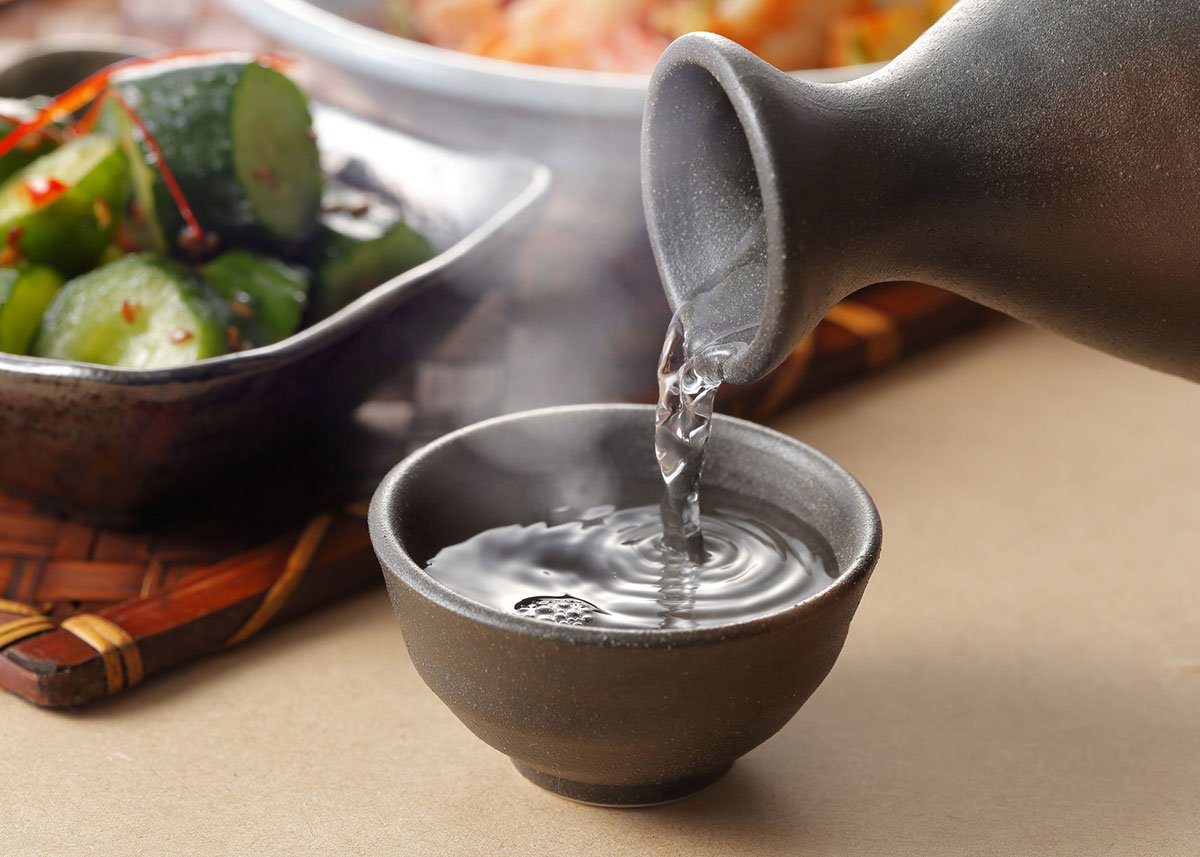
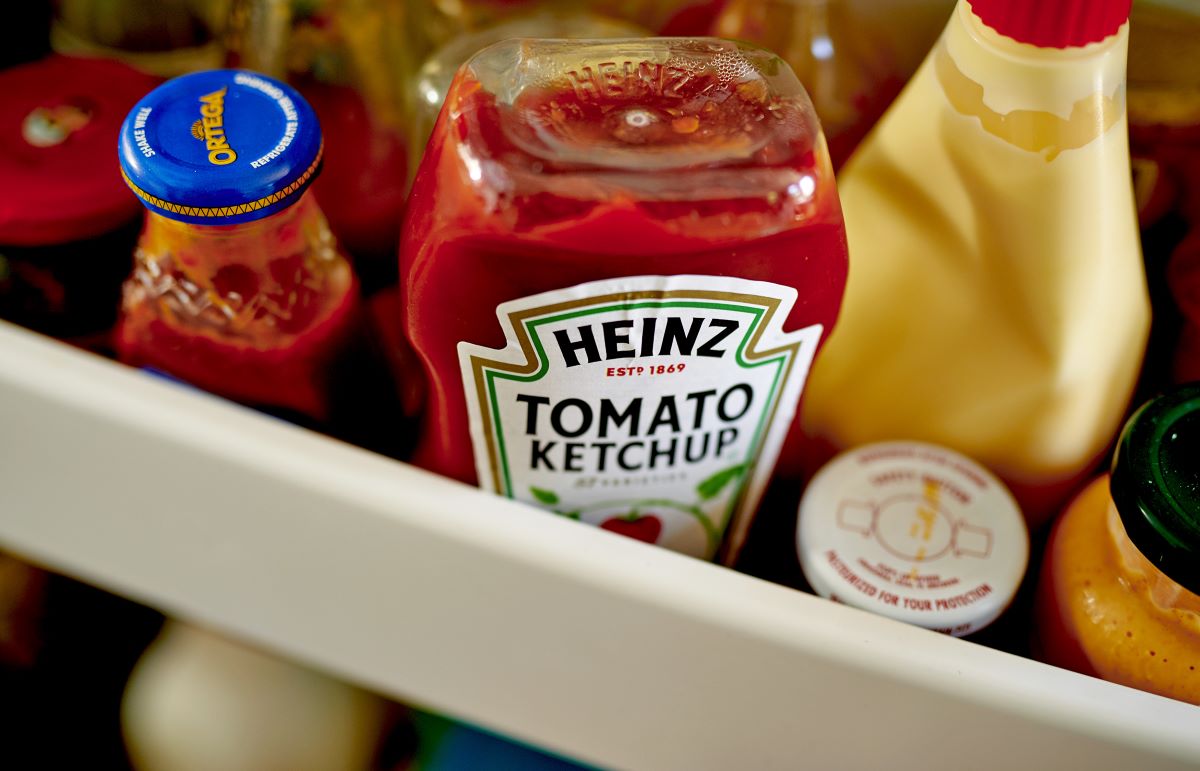

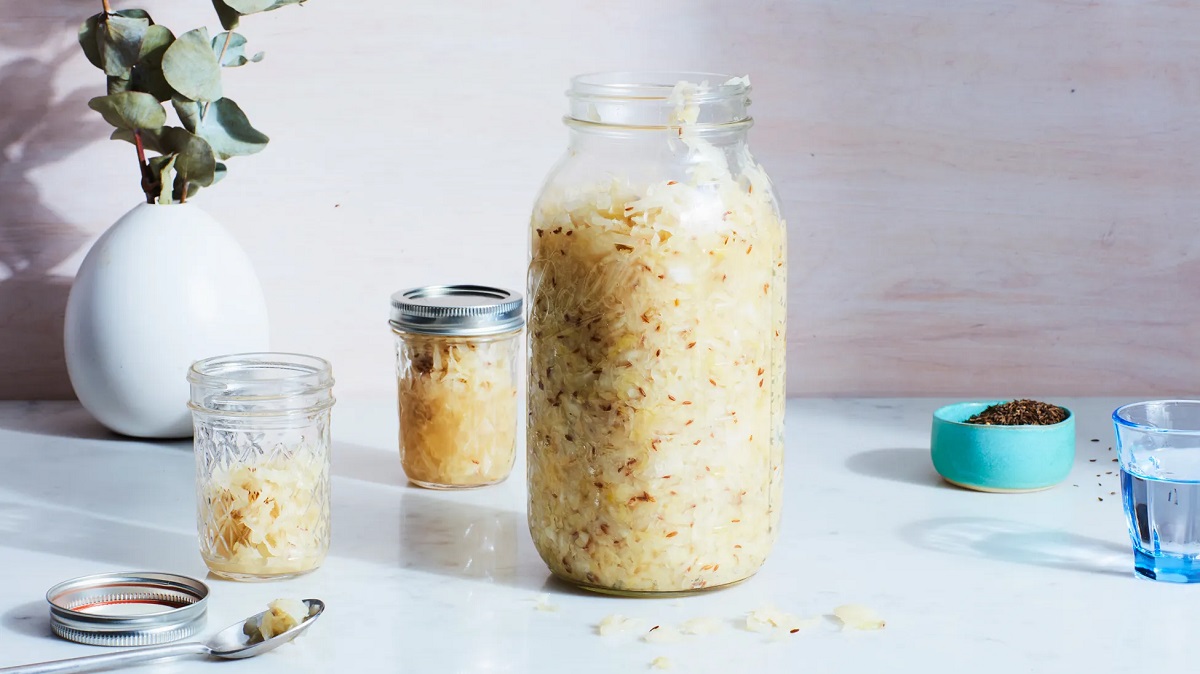

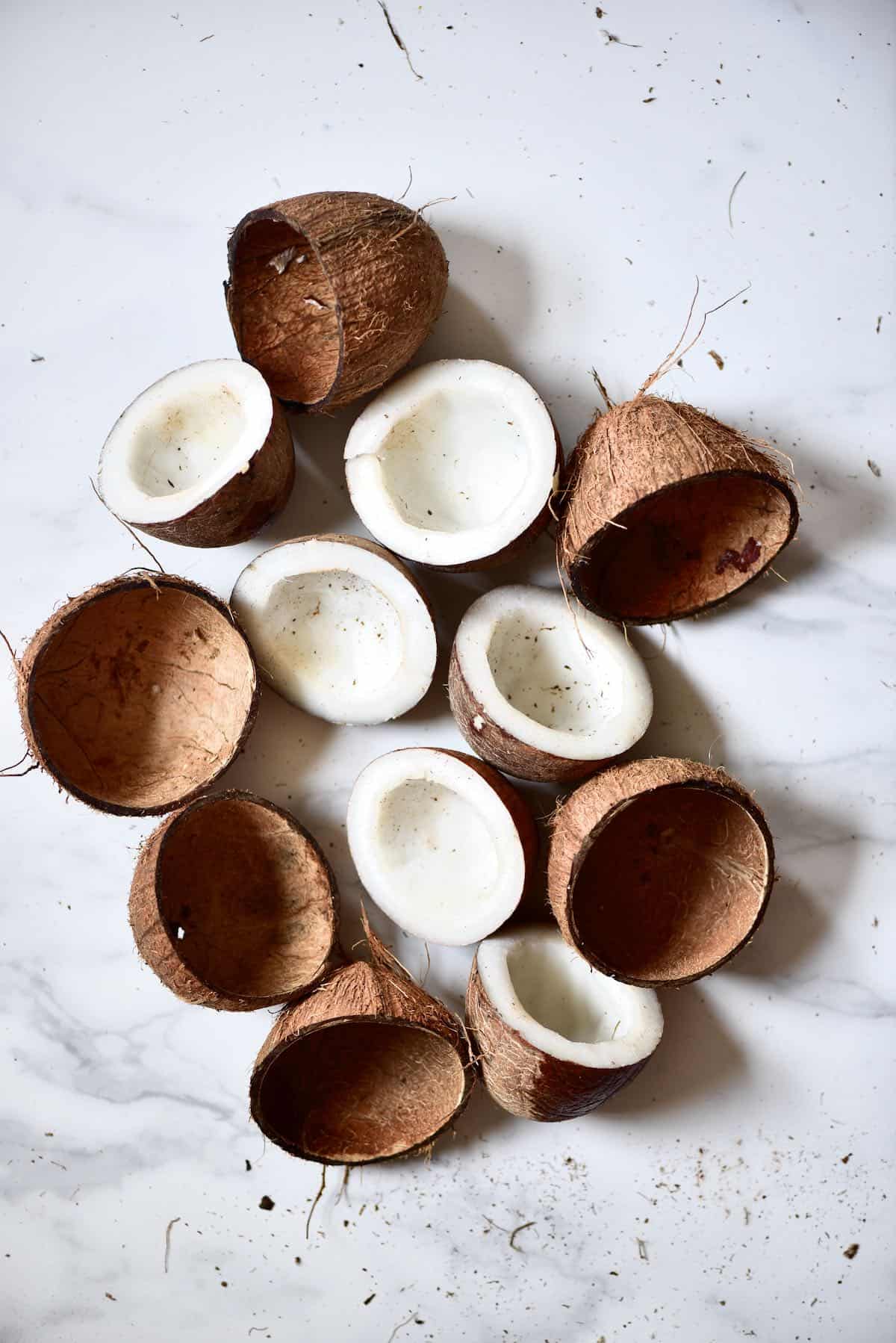


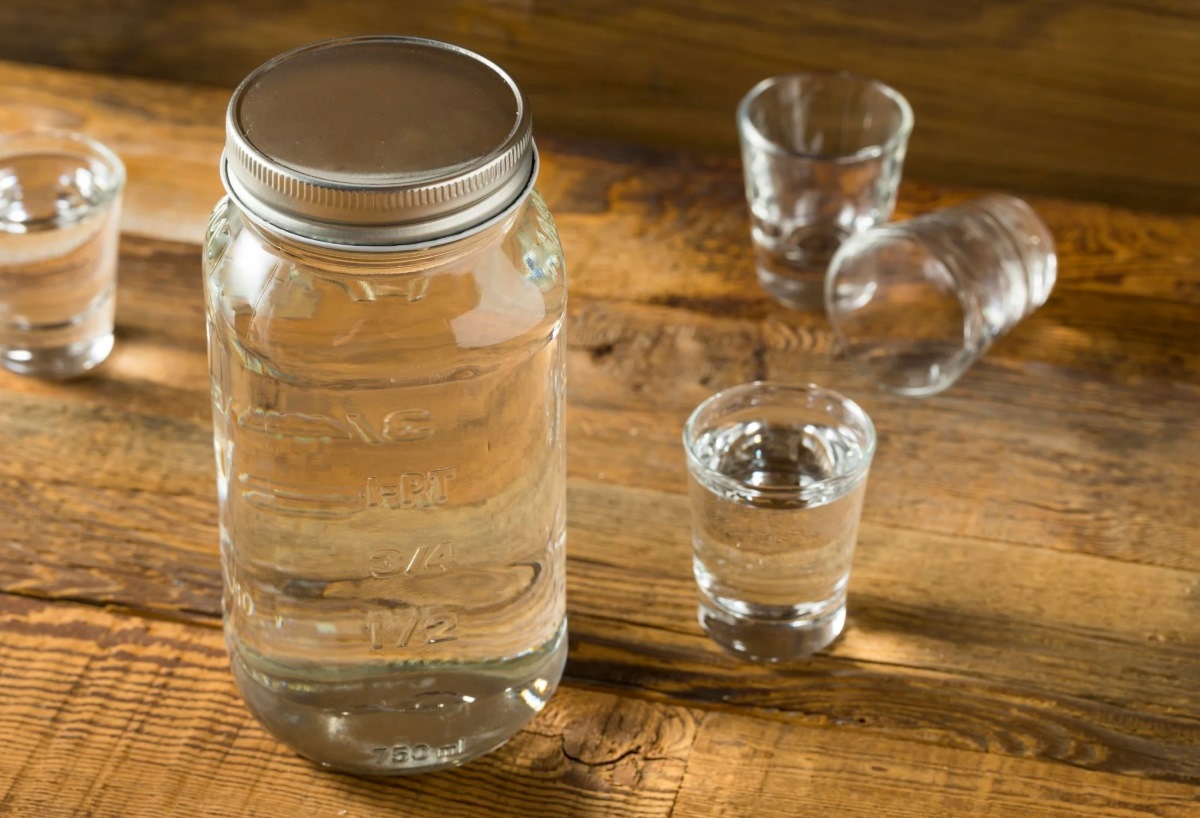


0 thoughts on “How To Store Capers After Opening”